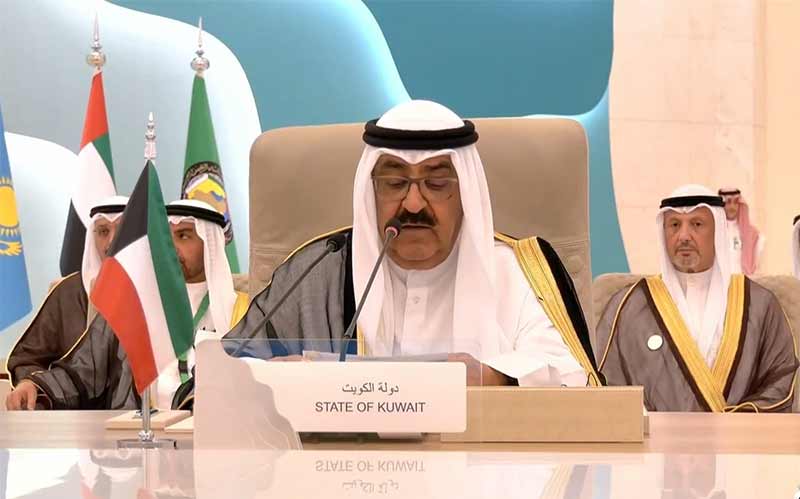Recently, there has been a significant development in the political landscape as H.H. The Amir has accepted the resignation of the government and assigned it as a care-taker. This decision has far-reaching implications for the country and its citizens.
Firstly, it is important to understand the role of H.H. The Amir in the political system. In this particular context, H.H. The Amir refers to the ruling monarch or head of state, who holds a position of great importance and authority. Their role is to ensure the smooth functioning of the government and to make crucial decisions that affect the nation.
When the government resigns, it signifies a significant change in the political landscape. It may happen due to various reasons such as policy disagreements, public pressure, or even a desire for new leadership. In this case, the government has voluntarily stepped down, paving the way for a new chapter in the country’s governance.
By accepting the government’s resignation, H.H. The Amir acknowledges the need for change and demonstrates their commitment to the democratic process. This decision allows for a smooth transition of power and gives the opportunity for a fresh start. It is a testament to the country’s commitment to upholding democratic principles and ensuring the well-being of its citizens.
However, it is important to note that the government has not completely ceased to exist. Instead, it has been assigned as a care-taker government. A care-taker government is a temporary arrangement that ensures the continuity of essential services and the basic functioning of the state until a new government is formed. During this period, the care-taker government is responsible for day-to-day operations, but major policy decisions are usually deferred to the incoming government.
Now, let’s contextualize this development for an international audience. The acceptance of the government’s resignation and the assignment of a care-taker government may vary in different countries depending on their political systems and laws. Some countries may have specific constitutional provisions that outline the process for such transitions, while others may rely on customary practices.
In some countries, the head of state may have the authority to directly appoint a new government or call for fresh elections, while in others, the responsibility may lie with the parliament or other governing bodies. It is essential to understand the local laws and customs to fully comprehend the significance of this development in each specific context.
Furthermore, the implications of a care-taker government can vary as well. In some countries, a care-taker government may have limited powers and may be restricted from making major policy decisions. In contrast, in other countries, a care-taker government may have more flexibility and may be able to address urgent issues and make necessary decisions until a new government is formed.
In conclusion, the acceptance of the government’s resignation and the assignment of a care-taker government by H.H. The Amir marks a significant development in the political landscape. It reflects the commitment to democratic principles and the desire for a fresh start. Understanding the role of H.H. The Amir and the concept of a care-taker government is crucial to grasp the implications of this decision. Additionally, contextualizing this development to an international audience helps shed light on the variations in political systems, laws, and customs across different countries.
Source: TimesKuwait








